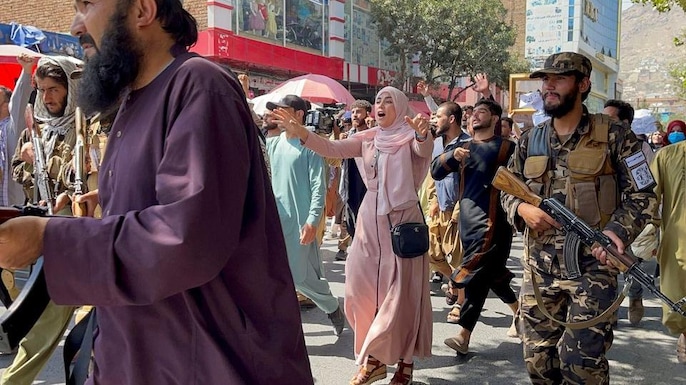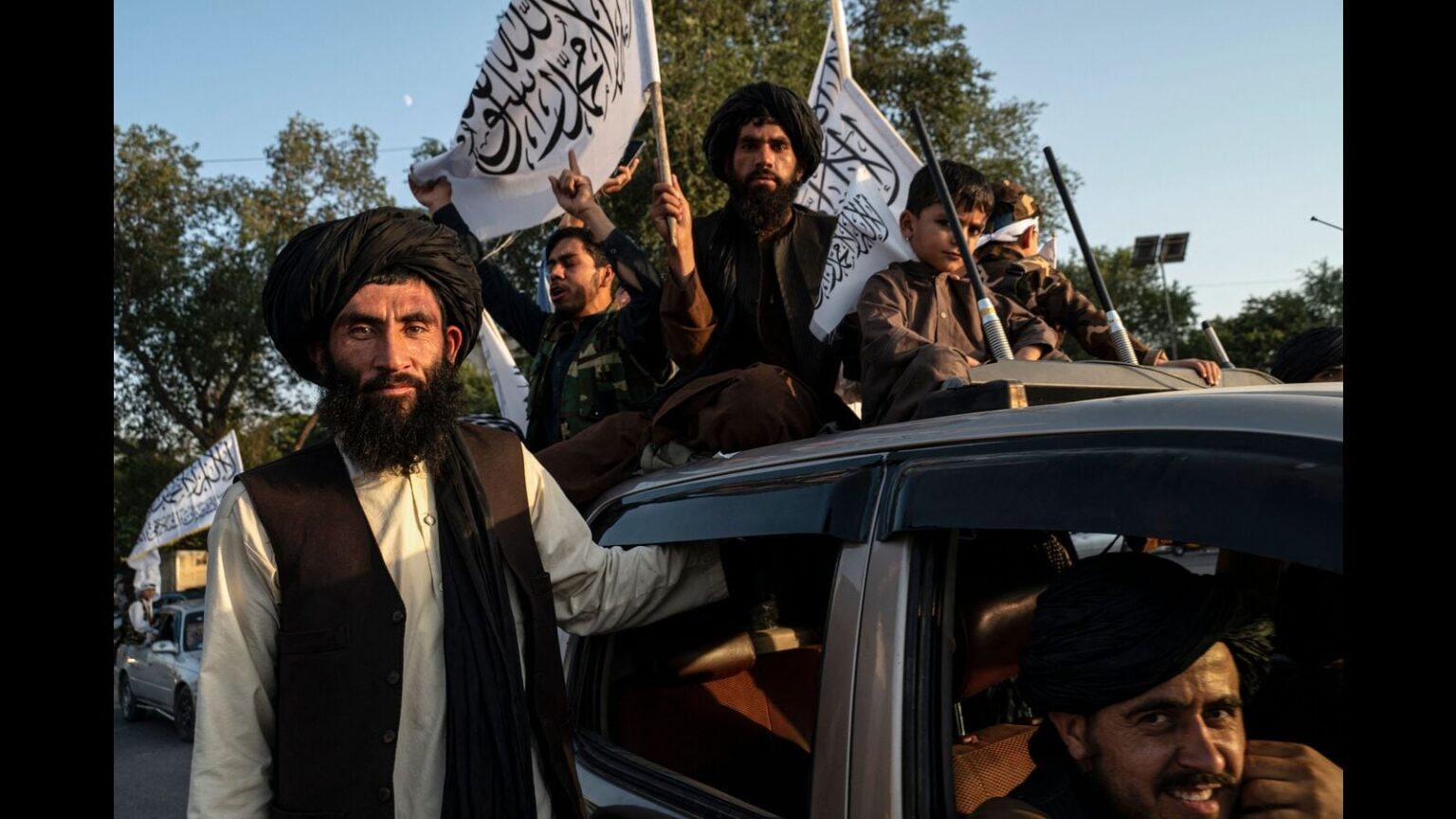The political reality of the Taliban’s presence in Delhi has become a significant point of discussion as the group continues to solidify its control over Afghanistan. While the Taliban seized power in Afghanistan in 2021, India, like many other countries, initially took a cautious approach, refraining from formally recognizing the regime. However, the ongoing developments in Afghanistan have led to increasing diplomatic interactions between the Taliban and several nations, including India, primarily due to regional security concerns and humanitarian issues.

Source:- bbc news
Delhi’s engagement with the Taliban has been pragmatic, focusing on Afghanistan’s stability, counterterrorism efforts, and humanitarian aid. India, which has deep historical ties with Afghanistan, has expressed concerns over the Taliban’s governance, particularly regarding the rights of women and minorities. Despite these reservations, India has maintained open channels of communication, especially on the issue of regional security and the safe passage of Indian nationals and diplomats.
Source:- news 18
The Taliban’s presence in Delhi marks a complex shift in India’s foreign policy. While there is reluctance to officially recognize the regime, India has gradually sought to engage with the group for practical reasons. This includes discussions on counterterrorism cooperation, preventing the spread of extremism in the region, and ensuring Afghanistan doesn’t become a haven for terror organizations.
Moreover, India’s decision to engage reflects the geopolitical dynamics of South Asia, where regional players like Pakistan, Iran, and China are also navigating their relations with the Taliban. The presence of Taliban representatives in Delhi underscores the changing nature of international diplomacy, where security concerns often outweigh ideological differences, forcing countries to engage with groups they may have previously shunned.
Share your views in the comments

